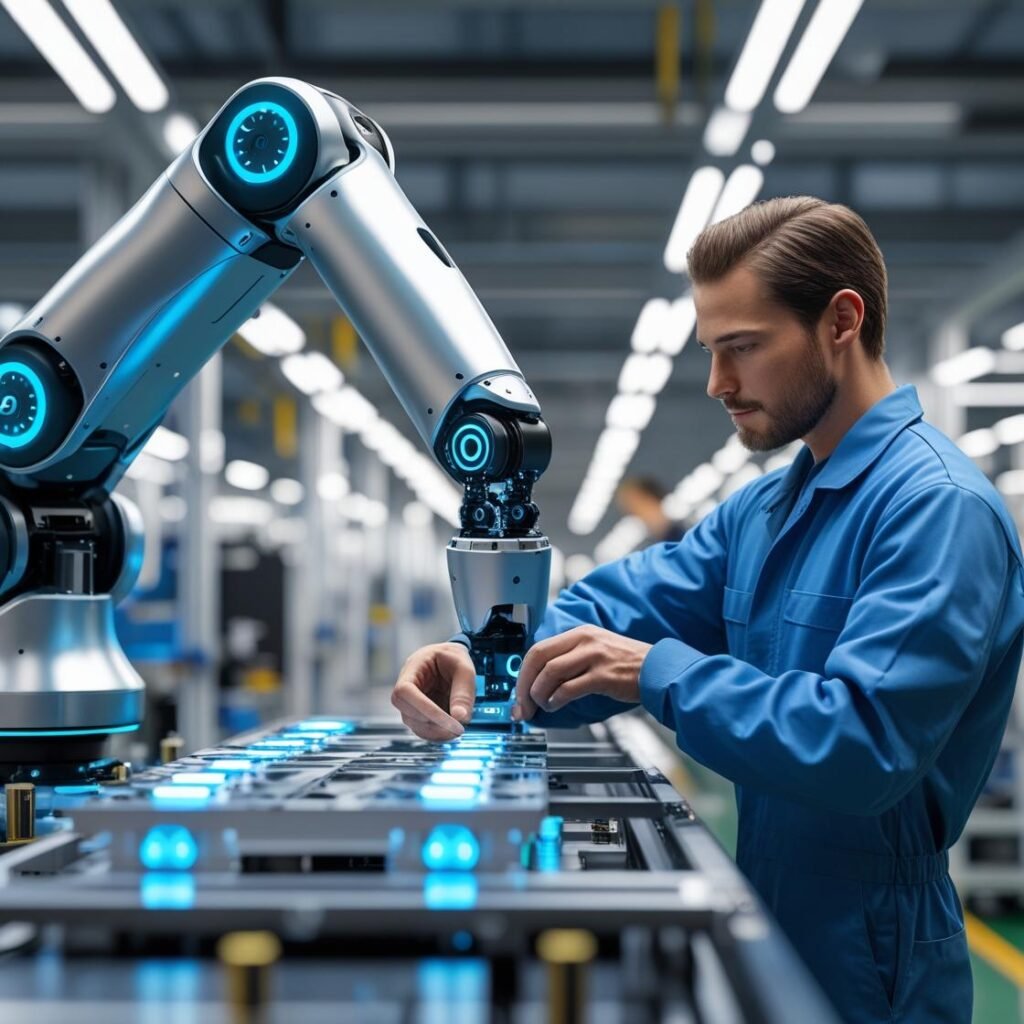
From the apps on your smartphone to advanced AI systems guiding businesses, computer science is no longer confined to labs or classrooms—it powers much of the world around us. In today’s fast-paced digital era, understanding the real-world applications of computer science is essential for anyone looking to grasp modern technology’s influence.
Whether it’s healthcare, finance, or transportation, computer science shapes every sector. Let’s explore some of the most impactful applications and see how this field is transforming the way we live and work.
1. Artificial Intelligence and Machine Learning
Artificial Intelligence (AI) and Machine Learning (ML) are perhaps the most visible applications of computer science today. AI systems can analyze massive datasets, recognize patterns, and even make decisions that traditionally required human intelligence.
Real-World Examples:
- Healthcare: AI-powered diagnostic tools can detect diseases like cancer or diabetic retinopathy earlier than traditional methods, improving survival rates. Hospitals also use predictive analytics to forecast patient admissions and optimize staffing.
- Finance: Fraud detection algorithms analyze millions of transactions to flag suspicious activities in real time. Robo-advisors also help individuals manage investments efficiently.
- Retail: Recommendation engines, like those used by Amazon or Netflix, analyze user behavior to suggest personalized products or content.
Why It Matters: AI improves efficiency, reduces human error, and enables smarter decision-making across industries.
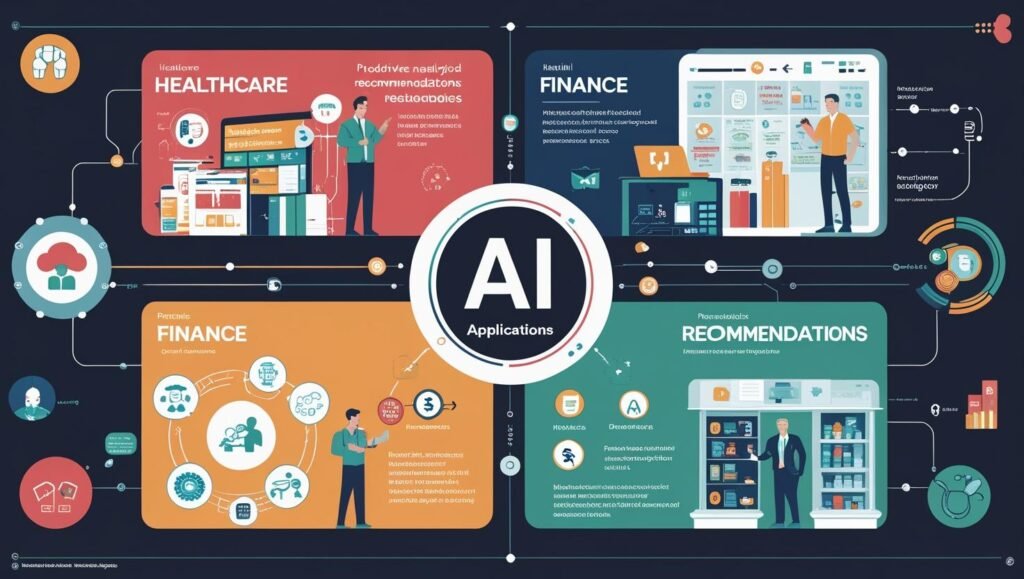
2. Cybersecurity
With increasing digital threats, cybersecurity has become a critical application of computer science. Cybersecurity specialists develop systems and protocols to safeguard personal, corporate, and governmental data from cyberattacks.
Real-World Examples:
- Personal Security: Multi-factor authentication, secure passwords, and biometric systems protect individual accounts.
- Corporate Security: Firewalls, intrusion detection systems, and threat monitoring secure business networks.
- Government Security: National databases and critical infrastructure are protected from cyberattacks and espionage.
Why It Matters: In an era where data breaches can cost billions, cybersecurity protects sensitive information and maintains trust.
3. Cloud Computing
Cloud computing allows users and businesses to store and access data and applications over the internet, eliminating the need for physical servers. This technology has revolutionized how companies operate.
Real-World Examples:
- Personal Use: Google Drive and Dropbox enable seamless file storage and collaboration.
- Enterprise: Amazon Web Services (AWS), Microsoft Azure, and Google Cloud provide scalable infrastructure for businesses of all sizes.
- Collaboration Tools: Zoom, Microsoft Teams, and Slack facilitate remote teamwork, a necessity in today’s hybrid work environment.
Why It Matters: Cloud computing reduces costs, improves accessibility, and enables global collaboration.
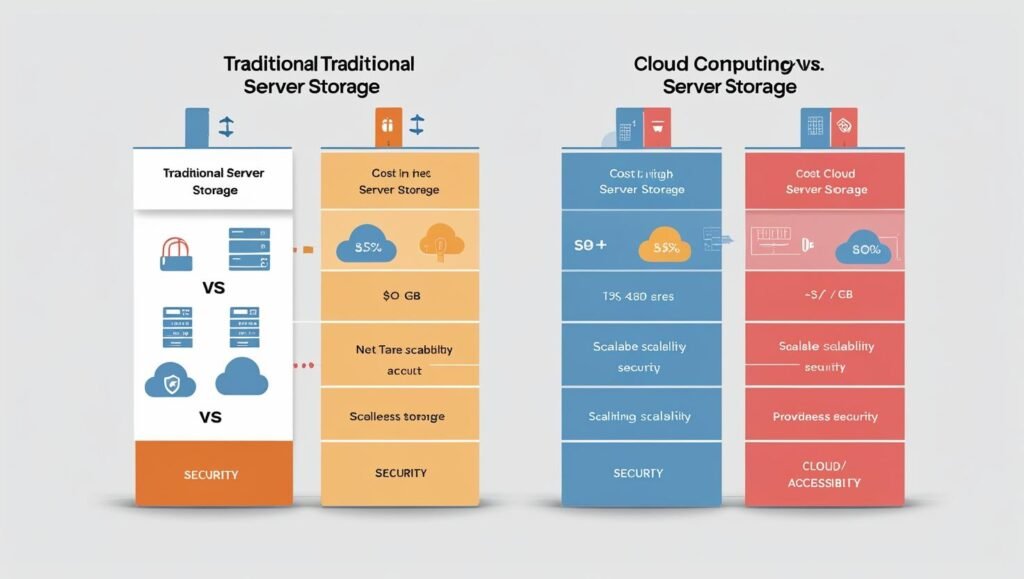
4. Robotics and Automation
Robotics and automation improve efficiency, precision, and safety across industries. Computer science is at the core of developing intelligent robots and automated systems.
Real-World Examples:
- Manufacturing: Automated assembly lines in car factories enhance productivity and reduce errors.
- Healthcare: Surgical robots assist surgeons with minimally invasive procedures, improving patient outcomes.
- Logistics: Drones and automated warehouse robots optimize delivery and inventory management.
Why It Matters: Automation lowers operational costs, enhances precision, and allows humans to focus on creative and strategic tasks.
5. Software Development
At its core, computer science powers the creation of software applications. From mobile apps to enterprise solutions, software development touches nearly every aspect of modern life.
Real-World Examples:
- Mobile Apps: Productivity, communication, entertainment, and education apps improve convenience and accessibility.
- Enterprise Software: Companies rely on inventory management, HR, and accounting software to streamline operations.
- Open-Source Software: Platforms like Linux, Apache, and Python promote global collaboration and innovation.
Why It Matters: Software development enables the creation of tools that solve real-world problems and improve quality of life.
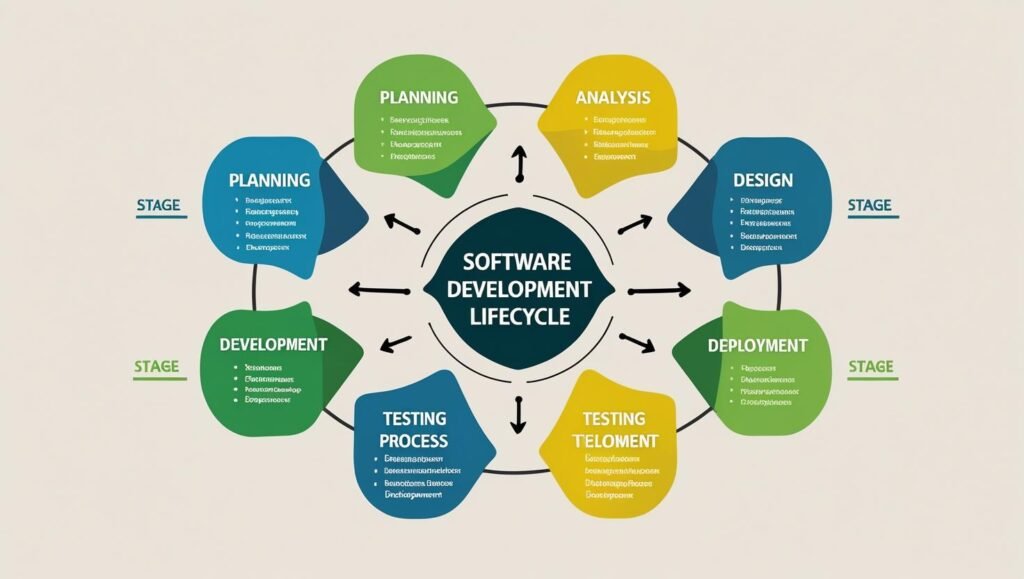
6. Data Science and Big Data Analytics
Data is the new oil, and computer science provides the tools to process, analyze, and extract value from it. Data scientists use algorithms, statistical methods, and visualization tools to make informed decisions.
Real-World Examples:
- Marketing: Predictive analytics help companies understand consumer behavior and personalize campaigns.
- Smart Cities: Traffic management systems optimize routes, reduce congestion, and improve urban planning.
- Healthcare: Data analysis predicts disease outbreaks and optimizes resource allocation.
Why It Matters: Data-driven decision-making enhances efficiency, reduces waste, and uncovers new opportunities.
7. Internet of Things (IoT)
The Internet of Things (IoT) connects everyday devices to the internet, enabling real-time data collection and smart decision-making. Computer science develops the networks, protocols, and algorithms that make IoT possible.
Real-World Examples:
- Smart Homes: Thermostats, security cameras, and lighting systems adapt to user preferences.
- Healthcare: Wearables track heart rate, sleep patterns, and activity levels.
- Industrial IoT: Sensors monitor equipment performance, predict failures, and optimize production.
Why It Matters: IoT improves convenience, efficiency, and safety in personal and professional settings.
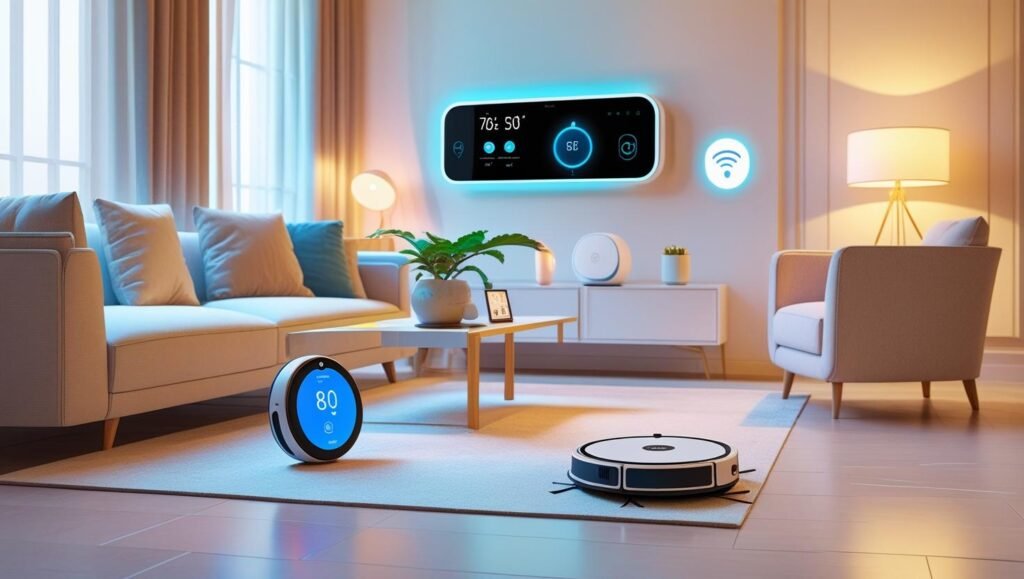
8. Autonomous Vehicles
Self-driving vehicles rely heavily on computer science for navigation, perception, and decision-making. AI, sensors, and advanced algorithms allow these vehicles to operate safely without human input.
Real-World Examples:
- Tesla Autopilot and Full Self-Driving (FSD) systems.
- Waymo’s autonomous ride-hailing services in urban areas.
- Delivery robots navigating city streets and campuses.
Why It Matters: Autonomous vehicles have the potential to reduce accidents, improve traffic flow, and transform transportation.
9. Virtual Reality (VR) and Augmented Reality (AR)
VR and AR create immersive experiences that are transforming entertainment, education, and professional training. Computer science enables real-time rendering, 3D modeling, and interactive environments.
Real-World Examples:
- Education: VR classrooms allow students to explore historical sites or scientific simulations.
- Healthcare: AR assists surgeons with real-time overlays of patient anatomy during procedures.
- Gaming: VR creates highly immersive environments for players.
Why It Matters: VR and AR enhance learning, engagement, and user experiences across multiple sectors.
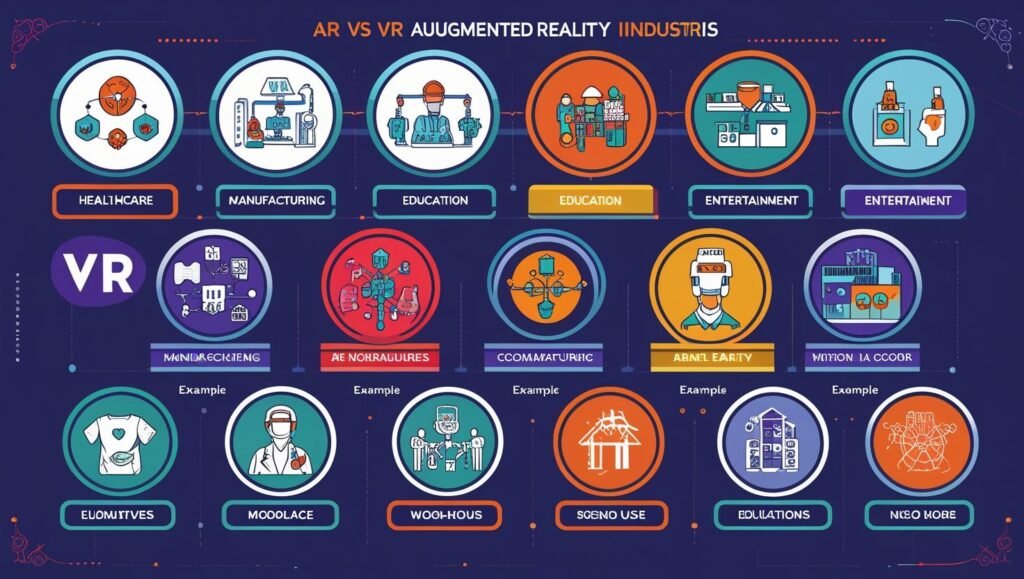
10. Quantum Computing
Quantum computing is an emerging field with the potential to revolutionize problem-solving. Unlike classical computers, quantum systems use qubits that can represent multiple states simultaneously, enabling unprecedented computational power.
Real-World Examples:
- Optimization: Quantum algorithms can optimize logistics and supply chains more efficiently.
- Drug Discovery: Simulating molecular interactions accelerates pharmaceutical research.
- Cryptography: Quantum computing may lead to new methods for secure communication.
Why It Matters: Quantum computing promises breakthroughs in science, medicine, and security that are currently impossible with classical computers.
11. Computer Science in Education
Computer science is transforming education by making learning more accessible, personalized, and interactive. Online learning platforms and educational software rely on computer science principles.
Real-World Examples:
- Platforms like Coursera, Khan Academy, and edX offer massive open online courses (MOOCs).
- AI-driven tutoring systems adapt to individual student needs.
- Virtual labs and simulations provide hands-on learning in a digital environment.
Why It Matters: Computer science enables scalable, personalized education that can reach millions of learners worldwide.
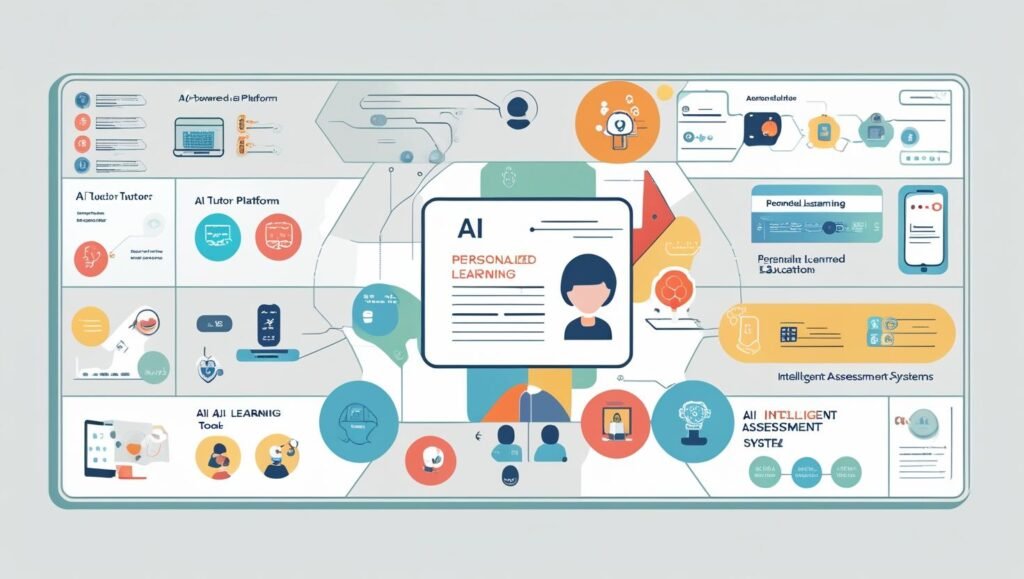
12. Environmental and Climate Applications
Computer science also plays a role in sustainability and environmental monitoring. Advanced algorithms and data analysis help combat climate change and manage natural resources.
Real-World Examples:
- Climate modeling predicts weather patterns and environmental changes.
- Smart grids optimize energy usage in cities.
- Sensor networks monitor air and water quality.
Why It Matters: Technology-driven solutions help address global environmental challenges efficiently.
FAQs
Q1: What is the importance of computer science in everyday life?
Computer science powers the devices, apps, and systems we rely on daily—from smartphones to healthcare diagnostics and financial services.
Q2: Which industries benefit most from computer science?
Almost every industry—healthcare, finance, education, manufacturing, entertainment, transportation, and more—leverages computer science innovations.
Q3: How can I start learning computer science?
You can begin with online courses, coding bootcamps, university programs, or hands-on projects that cover programming, data structures, and algorithms.
Q4: What future trends should I watch in computer science?
AI, machine learning, cybersecurity, quantum computing, and IoT are poised to shape the next decade of technological innovation.
Q5: How does computer science improve business efficiency?
By automating tasks, analyzing data for insights, securing information, and developing software solutions, computer science helps businesses optimize operations and decision-making.
Final Thoughts
Computer science is no longer an abstract field—it’s a driving force behind modern society. From AI and robotics to cloud computing and quantum breakthroughs, computer science shapes industries, enhances everyday life, and tackles global challenges.
As technology continues to evolve, understanding computer science applications will be crucial for students, professionals, and businesses alike. Whether you’re interested in coding, data analytics, or AI research, the opportunities are vast and growing.
By embracing these innovations, we not only make life more efficient and convenient but also pave the way for solutions to some of the world’s most complex problems. In short, computer science isn’t just about computers—it’s about creating a smarter, more connected, and sustainable future.



